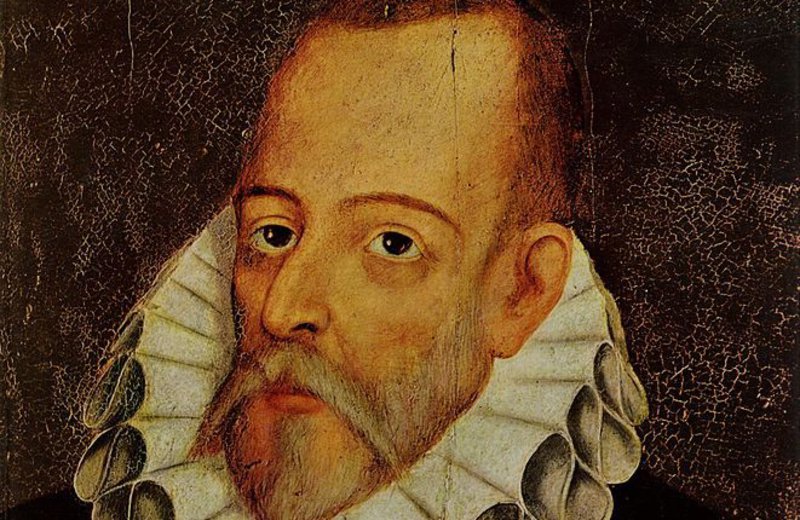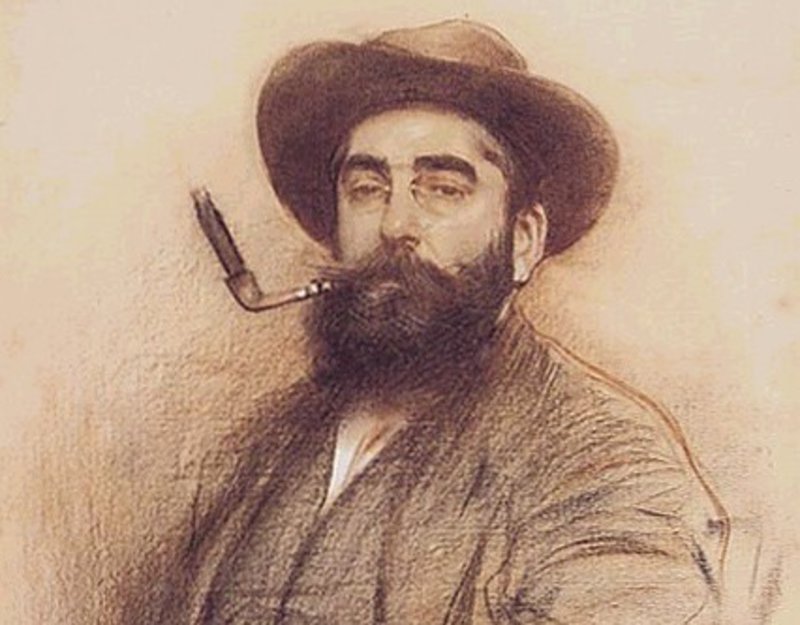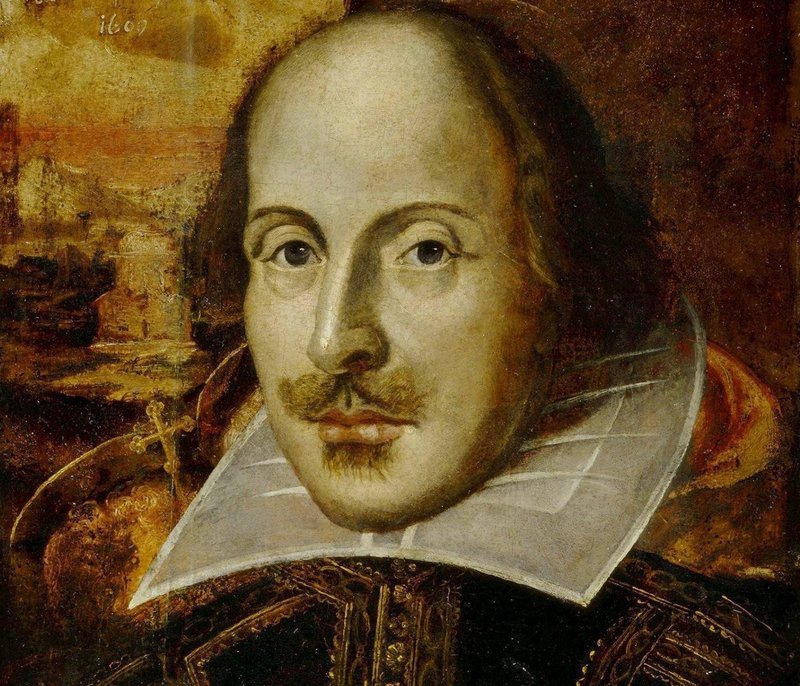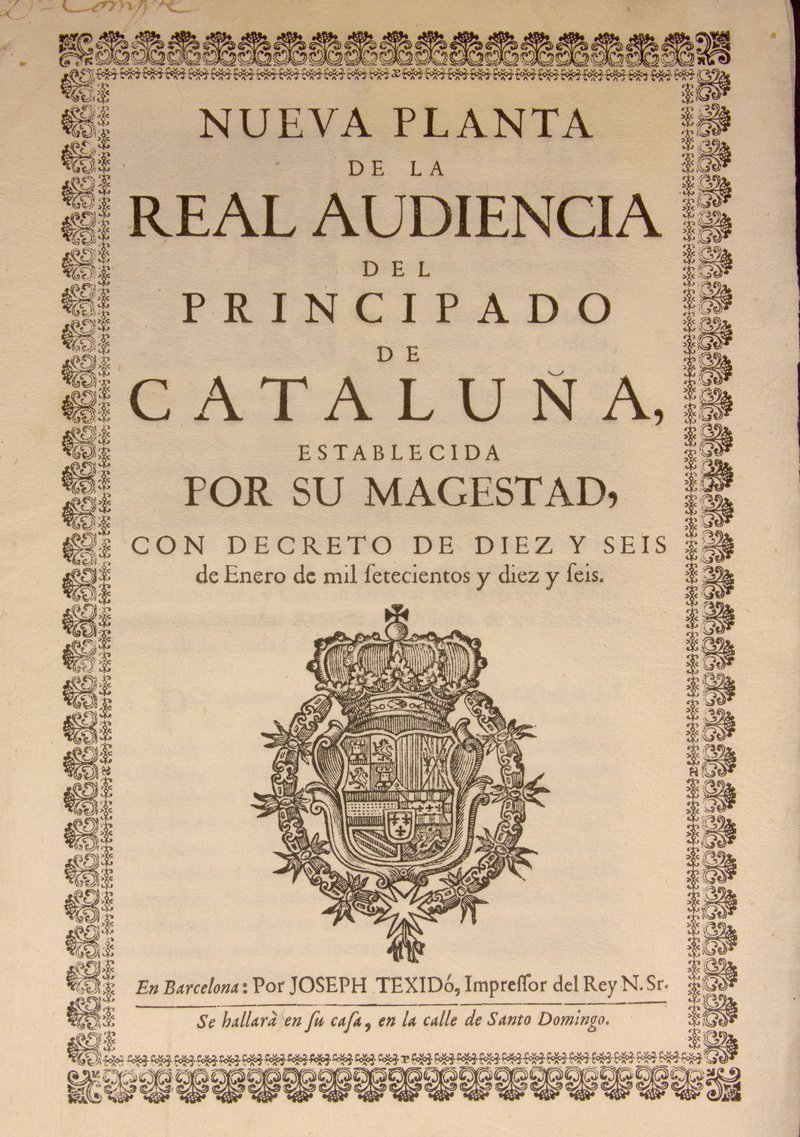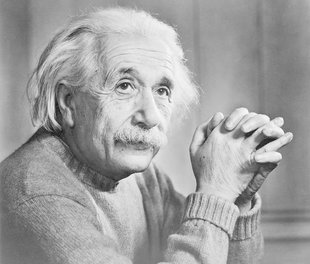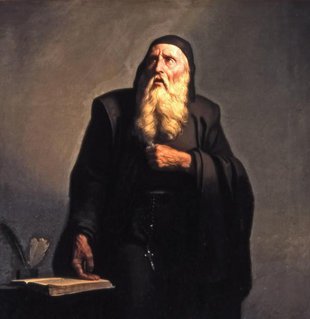A new year brings anticipation about the 12 months ahead. Whether it be the World Cup in Brazil this summer, or the US presidential elections in November, everyone has events they are looking forward to, or dreading. A new year also resets the anniversary button and, as always, there are numerous dates to celebrate or commemorate, from the births of famous figures to the end of wars. This 2016 is no different, and what follows is a taster of some of the anniversaries coming up over the next 12 months.
400 years since Shakespeare's death
Whether you read much or not, everyone has heard of William Shakespeare, and 2016 marks the 400th anniversary of the great playwright's death, on April 23, 1616. As Shakespeare is arguably the most famous writer ever, there will be no escaping this one as the Bard is remembered all over the world. Interestingly, this year is also the 400th anniversary of the death of that other great European writer, Miguel de Cervantes. In fact, the author of Don Quijote died only 24 hours before his English counterpart.
100 years since publication of the general theory of relativity.
E=MC2. Few of us know the significance of the equation, but all of us are aware of its importance. This year is the centenary of the publication of Albert Einstein's general theory of relativity, which revolutionised the world of Newtonian science and made us aware of such things as black holes, time travel and quantum physics. In fact, so influential was the physicist's work that his name has become synonymous with the word 'genius'.
75 years since attack on Pearl Harbor
World War II was on such a massive scale that it throws up anniversaries on a regular basis. However, one worth mentioning for 2016 is the 75th anniversary of the attack on Pearl Harbor. On December 7, 1941, Japanese forces assaulted the US naval base in Hawaii. The event drew the US into the war, turning the tide against the Axis powers. One interesting aspect is that some claim the Allied powers knew of the attack in advance, but did nothing to stop it to provide the US with an excuse to enter the war. Conspiracy theory or hidden truth?
70 years since first Cannes film festival.
If there's one annual event synonymous with glamour and celebrity it is the Cannes Film Festival, which takes place in the swanky French resort of the same name every spring. Europe's foremost award ceremony showcases upcoming films, and the Palme d'Or award is the festival's highest distinction. The list of former award winners reads like a who's who of modern cinema and includes such names as Buñuel, Lean, Welles, Fellini, Altman, Coppola, Wenders, Von Trier, Loach,... Cannes also unleashes the world's paparazzi on the large numbers of film stars who attend every year.
15 years since Wikipedia began
Most of us grew up without mobile phones or computers, while today most of us live half our lives online. Both time and technology move fast and this year Wikipedia, the non-profit online collaborative encyclopedia, is already 15 years old. For many, Wikipedia, which covers just about every subject under the sun, is a lifeline when it comes to finding out facts quickly. This article, for example, would have been twice as hard to write without the website founded by Jimmy Wales and Larry Sanger on January 15, 2001, according to Wikipedia, that is.
700 years since the death of Ramon Llull
If there is a historical figure worth remembering it has to be the person who wrote a language's first major work of literature. Such is the case of Ramon Llull, writer, poet, theologian, mystic, mathematician and logician. Llull was a Renaissance man before the Renaissance. Llull's importance to Catalan culture should not be underestimated, and it is fitting that the entity charged with promoting Catalan literature and culture abroad, the Institut Ramon Llull, is named after him. This year is officially Llull Year in Catalonia, and a host of events and activities are planned to celebrate the great man.
300 years since the Nova Planta decrees
The Catalans are famous for celebrating their greatest defeat on their national day on September 11, when Barcelona fell in the War of the Spanish Succession in 1714. Two years later, the Catalans lost their autonomous rights when the victorious Bourbon monarchy began a project of centralisation with the issuing of the Nova Planta decrees. The new rules wiped the slate clean and imposed a new order on Spain in which the Crown of Aragon (which included Catalonia) would become subordinate to Madrid. We are still living with the after-effects, and now that Catalonia is making a bid for self-government, it is time to remember how the country got where it is today.
150 years since birth of Ramon Casas
Catalonia has no shortage of influential artists, and one of the most celebrated is Ramon Casas. The Barcelona-born painter's career coincided with the birth of Modernism, the legacy of which still serves Catalonia and its capital well to this day. Casas is primarily known as a portraitist of the Barcelona elite, but he was also a dab-hand at crowd scenes, while his work in graphic design (posters and postcards) is intricately bound up with the evolution of Modernism.
100 years since Els pastorets by Folch i Torres
Every year at Christmastime Catalonia gets into a seasonal mood with countrywide performances of the nativity play,
Els pastorets. While the play's origins go back to Medieval religious plays, it is in the modern era that the work has become established as an annual national event. There are a number of versions of the story that mixes the birth of Jesus with tales of demons, angels and shepherds, but one of the most popular is
Els pastorets o l'adveniment de l'Infant Jesús, published by Josep Maria Folch i Torres in 1916.
80 years since the Spanish Civil War
Conflict is ideal for commemoration and this year marks the 80th anniversary of the start of the Spanish Civil War. In 1936, Fascism and Communism were on the rise, World War II was coming, and the Civil War became a curtain-raiser for the global conflict. When the war ended three years later, everything had changed. Spain was a different country, destined to spend the next four decades under a dictatorship and on the sidelines of international politics. The war may have been a lifetime ago, but everyone in Spain is still living with its consequences.
25 years since Circuit de Catalunya opened
Sport is an area the Catalans excel at and, like all continental Europeans, motor sports are very popular. A country like Catalonia needs its own racing circuit, and it got one 25 years ago, when the Circuit de Catalunya opened in Montmeló. Since then, the racetrack has become a fixture in the Formula 1 and MotoGP calendars, and it is also a favourite place for teams to test out their new engines.


